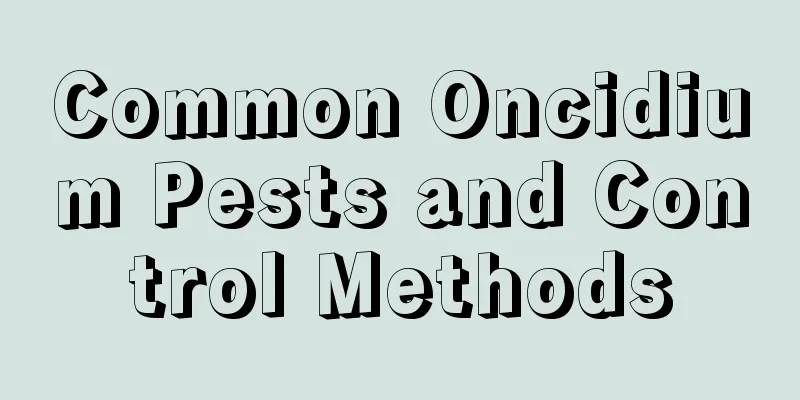The growing environment and local conditions of Trumpet Creeper

Trumpet creeper growth environment and conditionsTrumpet creeper needs plenty of sunlight to grow, and is also tolerant to partial shade. It is relatively cold-resistant and drought-resistant, and can tolerate barrenness, but is not tolerant to strong light and overly shady environments. Its main production areas are in various parts of the Yangtze River Basin, as well as Hebei, Shandong, Henan, Fujian, Guangdong, Guangxi, and Shaanxi. It is cultivated in Taiwan and is also distributed in Japan. Trumpet Creeper Growth ConditionsTrumpet creeper is suitable for planting in loose, fertile, well-drained neutral soil. It avoids acidic soil and is not tolerant to waterlogging. Generally, it does not need to be watered frequently. Trumpet creeper likes sandy soil with good drainage. It does not like large amounts of fertilizer and should not be over-fertilized, otherwise it will affect flowering. It is relatively resistant to water and humidity and has the ability to tolerate salinity and alkali. The growth temperature of trumpet creeperTrumpet creeper is a plant that likes a warm environment. Its best growth temperature is 10-28 degrees. It is considered a somewhat cold-resistant plant, unlike some plants that cannot withstand the slightest cold. However, maintaining a temperature of 10 degrees in winter can only be said to be a stretch. Once it drops below 5 degrees, measures must be taken. You can put it indoors or use plastic bags to keep it warm. The growth process of trumpet creeperThe growth process of Trumpet Creeper begins with seed germination, and first the growth of nutritional organs such as roots, stems, and leaves begins. After a certain period of nutritional growth, some parts will begin to bloom due to changes in external conditions such as light and temperature. Planting time and method of trumpet creeperTrumpet creeper can adapt to many environments and can be planted in spring and autumn. Both time periods are suitable and have a high survival rate. 1. Soil: Regarding the soil for planting, the requirements in this aspect are not strict. It can be planted and grown in sandy soil or clay soil, but it needs to be fertile and not too poor. 2. Cutting: It is best to cut thick branches from the trumpet creeper plant in July and August, keeping the length at about 10-16 cm. The leaves at the bottom should be removed, and then the branches should be inserted into the sand bed, covered with soil, and covered with a glass cover to keep warm and moist. It will take root in about 20 days and can be transplanted in the spring of the following year. |
<<: Lemon's growing environment and local conditions
>>: Lemongrass's growing environment and local conditions
Recommend
Can money tree be watered with aspirin?
1. Whether it is possible The active ingredient o...
How to dwarf canna potted plants
1. Stem cutting method This method is to cut the ...
Can I grow peonies at home?
Can I grow peonies at home? You can grow peonies ...
The efficacy and function of Kirin Fruit
Preventing geriatric diseases Kirin fruit is very...
Breeding methods and precautions of pineapple
Plant characteristics Because this plant is nativ...
The efficacy and function of cabbage
Enhances immunity Cabbage contains a lot of vitam...
The easiest way to grow chives on your balcony Tips for growing chives on your balcony
First, the reproduction method There are two ways...
Planting method of Dendrobium candidum in potted plants
1. Choose pot and soil If you want to grow Dendro...
What fertilizer can be used to grow potatoes for high yield?
In the process of potato planting, fertilization ...
What flowers are suitable for growing in Urumqi? What are the city flowers and trees?
1. Climate characteristics of Urumqi Urumqi has a...
Succulents and money trees have root rot? Don't throw it away, just cut it
Succulent root rot Mild root rot Mild root rot me...
How to grow succulent leaves
1. Time selection The best time to insert succule...
The role of the city that never sleeps
The value of the city that never sleeps The plant...
How to change hydroponic Monstera to soil culture
1. Take out and clean First take the hydroponic p...
Does it cost money to grow flowers? All it takes is a straw. Learn this one trick and save a lot of money!
Rose layering 1. Clean the prepared plastic straw...









